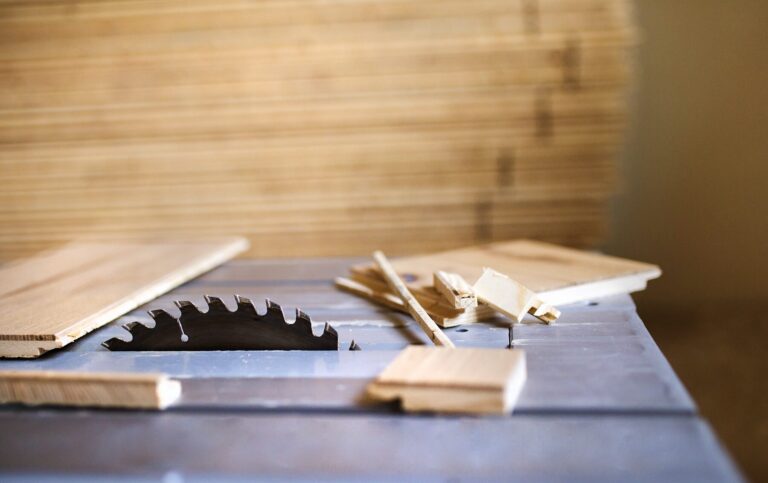
The finalists are a blockchain platform for the management of port waste and a new ceramic biomaterial
MADRID, February 5 (EUROPA PRESS) –
Two Spanish projects focused on blockchain for the management of port waste and ceramic biomaterials have been selected by the jury of the European circular economy award ‘Green Alley’ – organized by the Landbell Group, parent company of the European Recycling Platform (ERP) – to compete for a place in the final, through online voting in the tenth edition of the award.
Every year, the winner of the public vote, chosen from the 20 preselected projects, ensures a place in ‘The Grand Final’. The remaining five finalists, according to their promoters, are chosen by the award jury, made up of a committee of experts. Thus, the winning initiative receives a cash prize of 25,000 euros.
In its tenth anniversary, the awards have broken their participation record, with a total of 339 projects submitted from all over Europe, compared to 226 last year. In the case of the two Spanish finalists in the public vote, they have been selected from 31 projects, 55% more than last year, according to ERP.
In this way, Spain ranks fourth in the podium of countries with the highest number of projects in the competition, behind Germany (66), the United Kingdom (53), and Italy (36). A total of 29 countries have submitted projects.
Likewise, this has also been the year with the highest Spanish presence in terms of the number of projects submitted, according to ERP. Although no Spanish company has yet managed to win the prize, in previous editions three local companies (Bcome, ScrapAd, and VEnvirotech) did secure a place in the final.
The voting will be open until February 19 on the award’s website, and the winner will be announced on April 25.
‘CIRCULAR PORT’ AND ‘NOVAPEDRA’, THE SELECTED PROJECTS
‘Circular Port’ is an Innovation project by Blue Room that, as the startup indicates on its LinkedIn profile, «not only transforms waste management, but also provides the opportunity to achieve total traceability and transparency in port ecosystems. An advance made possible by the integration of blockchain technology into the innovative Digital Waste and Product Passport platform». The project, supported by the Ministry of Industry, also includes the Port of Barcelona among its key partners.
On the other hand, the other Spanish finalist, ‘Novapedra’, competes with its ceramic biomaterial made from orange peels and other organic waste. This material, according to the company, offers «a deeply sustainable carbon-free alternative». The company also highlights the natural aromas of the material that «can also be applied in endless facets of design, from decorative objects, wall and floor coverings, countertops, backsplashes, large formats, and furniture».